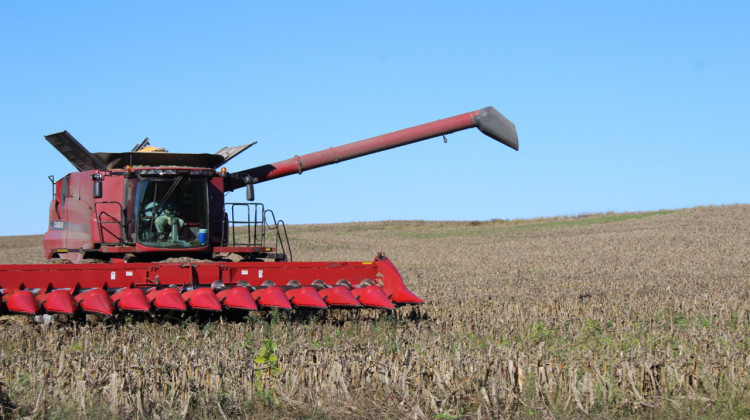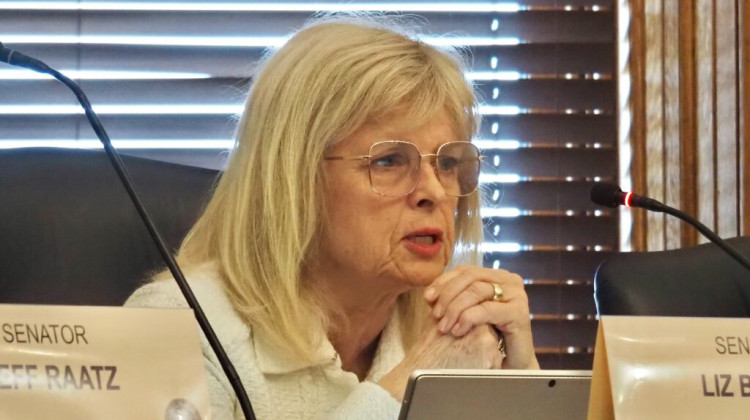For years, environmentalists have said that increasing the amount of it in gasoline is hurting the planet. Now, they say they have proof.
Research not-yet-published from three universities — University of California-Davis, Kansas State University, and University of Wisconsin — show what effect the demand for biofuels has had on the country.
Since the U.S. passed the Renewable Fuel Standard over a decade ago, researchers say the need for farmers to grow more corn has converted more land to cropland — releasing more than 100 million metric tons of carbon dioxide into the air.
President of the National Wildlife Federation Collin O’Mara says that’s equivalent to the pollution from seven coal-fired power plants.
“This research should be a wakeup call for Congress and the EPA to take these impacts seriously,” he says.
About 40 percent of Indiana’s corn is grown for ethanol. Nathan Hendricks researches agricultural economics at Kansas State University. He says because of demand, farmers in states like Indiana shifted their focus to planting corn and away from some conservation practices.
“And one of the ways farmers planted more corn was by rotating crops less often, especially in the central corn belt,” Hendricks says.
The Environmental Protection Agency has to complete a study on whether the biofuels mandate has harmed air quality by March 2020.
Indiana Environmental reporting is supported by the Environmental Resilience Institute, an Indiana University Grand Challenge project developing Indiana-specific projections and informed responses to problems of environmental change.
 DONATE
DONATE








 Support WFYI. We can't do it without you.
Support WFYI. We can't do it without you.